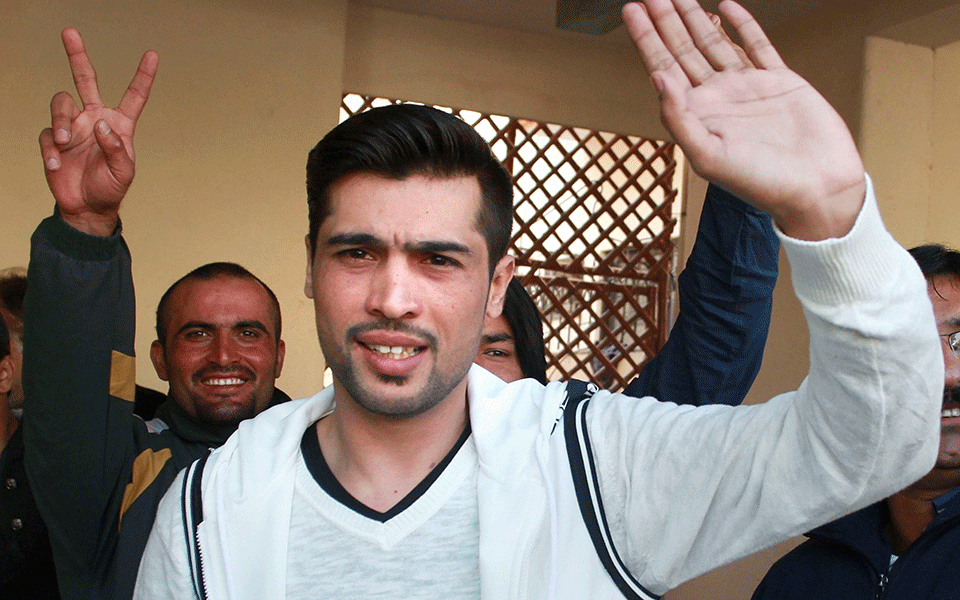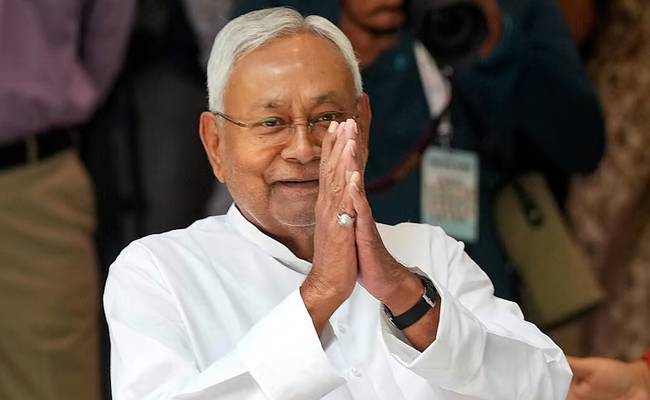Karachi, Jul 26: Pakistan's left-arm pacer Muhammad Aamir announced retirement from Test cricket on Friday but affirmed his commitment to continue playing limited-overs for his country.
Aamir, 27, has been indicating for some time now that he wanted to quit playing Test cricket and focus on one-day internationals and T20s.
In a statement issued by the Pakistan Cricket Board, Aamir said: "It has been an honour to represent Pakistan in the pinnacle and traditional format of the game. I, however, have decided to move away from the longer version so I can concentrate on white ball cricket."
In an interview he said that he was a human being and not a machine while referring to the non-stop cricket he had played since returning to the Pakistan team after the end of his five-year ban for spot-fixing in 2015.
Last year, he had informed head coach Mickey Arthur about his intentions but was told to carry on till the World Cup.
Aamir, who played 36 Tests for his 119 wickets, has also appeared in 59 ODIs and 49 T20 internationals. In the recent World Cup in England, he ended with 15 wickets.
"Playing for Pakistan remains my ultimate desire and objective, and I will try my best to be in the best physical shape to contribute in the team's upcoming challenges, including next year's ICC T20 World Cup," he said.
"It has not been an easy decision to make and I have been thinking about this for some time. But with the ICC World Test Championship commencing shortly, and Pakistan boasting some very exciting young fast bowlers, it is appropriate that I call on my time in Test cricket so that the selectors can plan accordingly," he added.
"I want to thank all my team-mates as well the opponents in red ball cricket. It has been a privilege to play with and against them. I am sure our paths will continue to cross in limited-overs cricket as all of us play and compete with the same vigour and determination."
PCB's Managing Director, Wasim Khan said Aamir has been one of the most exciting and talented left-arm fast bowlers in Test cricket in recent times.
"He overcame adversity as a young cricketer and came back stronger not only as a cricketer but also as a better human being. His skill, on the field, and his personality will be missed in the dressing room in the longer format," he said.
"However, we respect his decision and look forward to him continuing to play an integral role in white ball cricket for Pakistan," he added.
Amir made his Test debut against Sri Lanka in Galle in July 2009.
Before Aamir, Pakistani stalwarts, Muhammad Hafeez and Shoaib Malik have also announced retirements from Test cricket.
Let the Truth be known. If you read VB and like VB, please be a VB Supporter and Help us deliver the Truth to one and all.
Mangaluru (Karnataka) (PTI): Karnataka Legislative Assembly Speaker U T Khader on Wednesday sought an inquiry after a large number of Aadhaar cards were found on the banks of the Nethravathi River here.
The cards were found at Farangipete in Pudu village of his Mangaluru Assembly constituency.
Khader, in a note to the Project Manager of the Unique Identification Authority of India (UIDAI), Bengaluru, sought immediate intervention and necessary action against those responsible.
In the note dated March 4, he said that local residents noticed the Aadhaar cards along the riverbank on March 3.
Following information received from the public, the Pudu Gram Panchayat president and villagers collected the Aadhaar cards found scattered in the area. They subsequently brought the matter to his attention and the concerned authorities, he said.
Expressing concern over the incident, the Speaker has directed that a thorough investigation be conducted to ascertain how such a large number of Aadhaar cards ended up on the riverbank and to identify those responsible.
He instructed officials to initiate appropriate legal action through the concerned department at the earliest.





